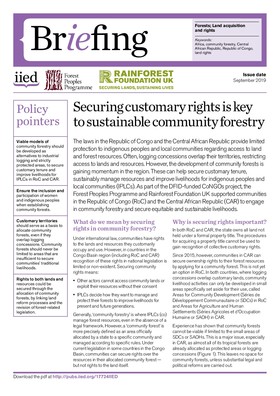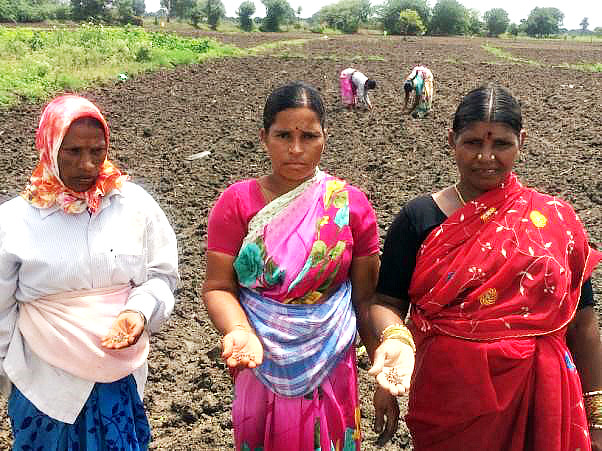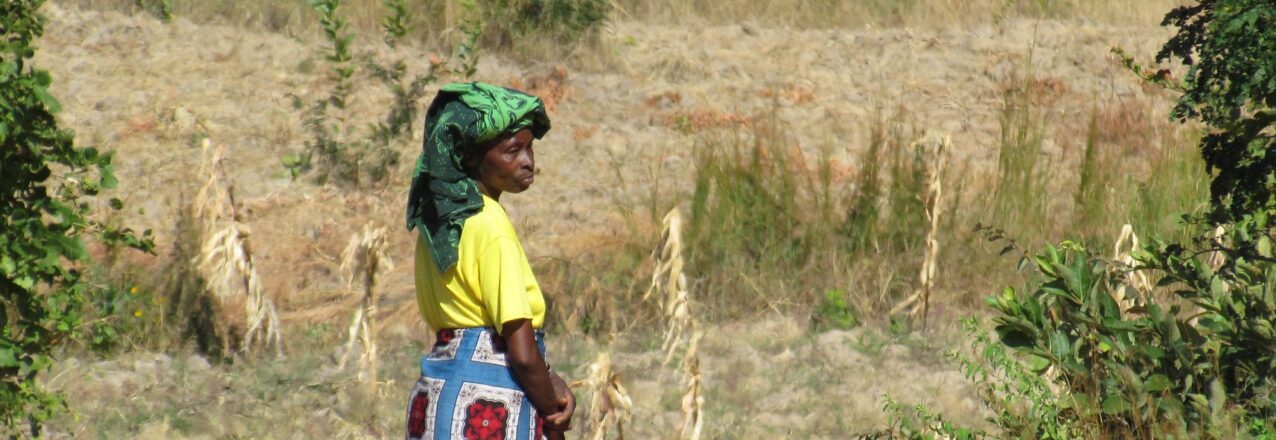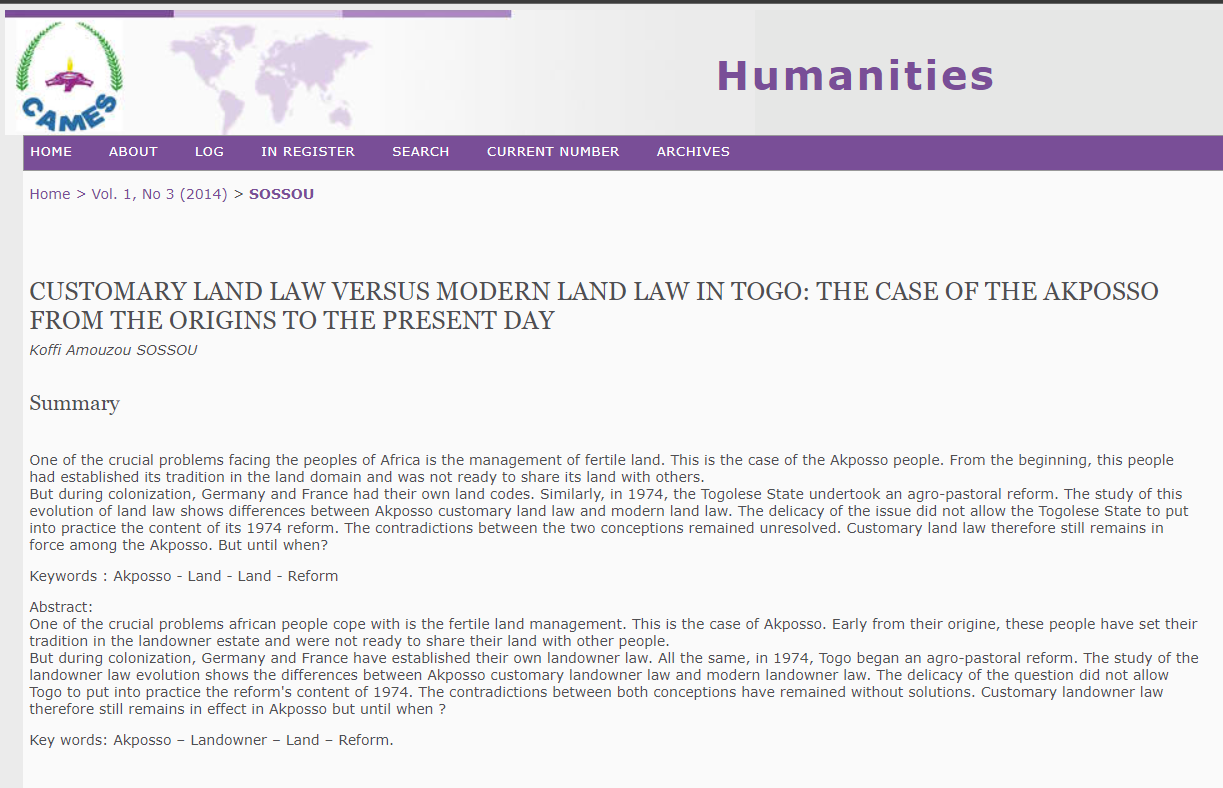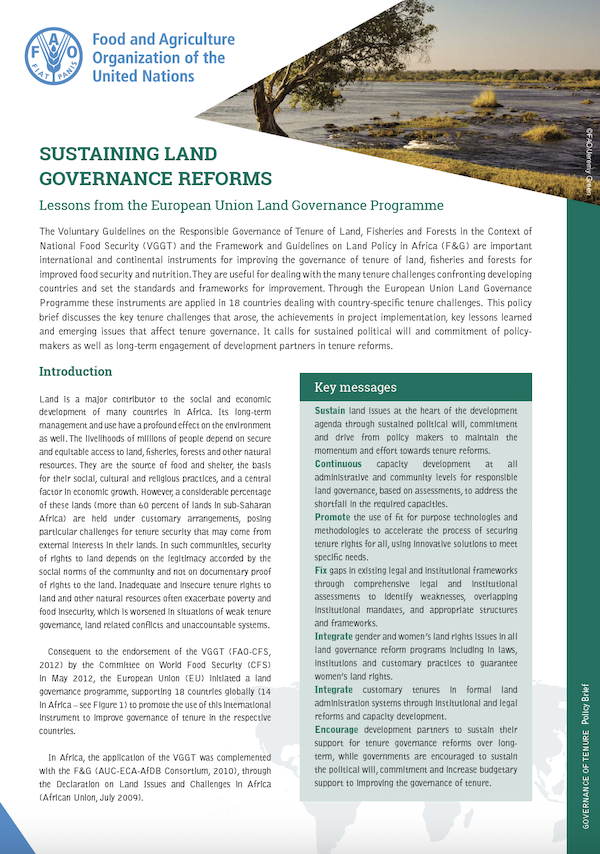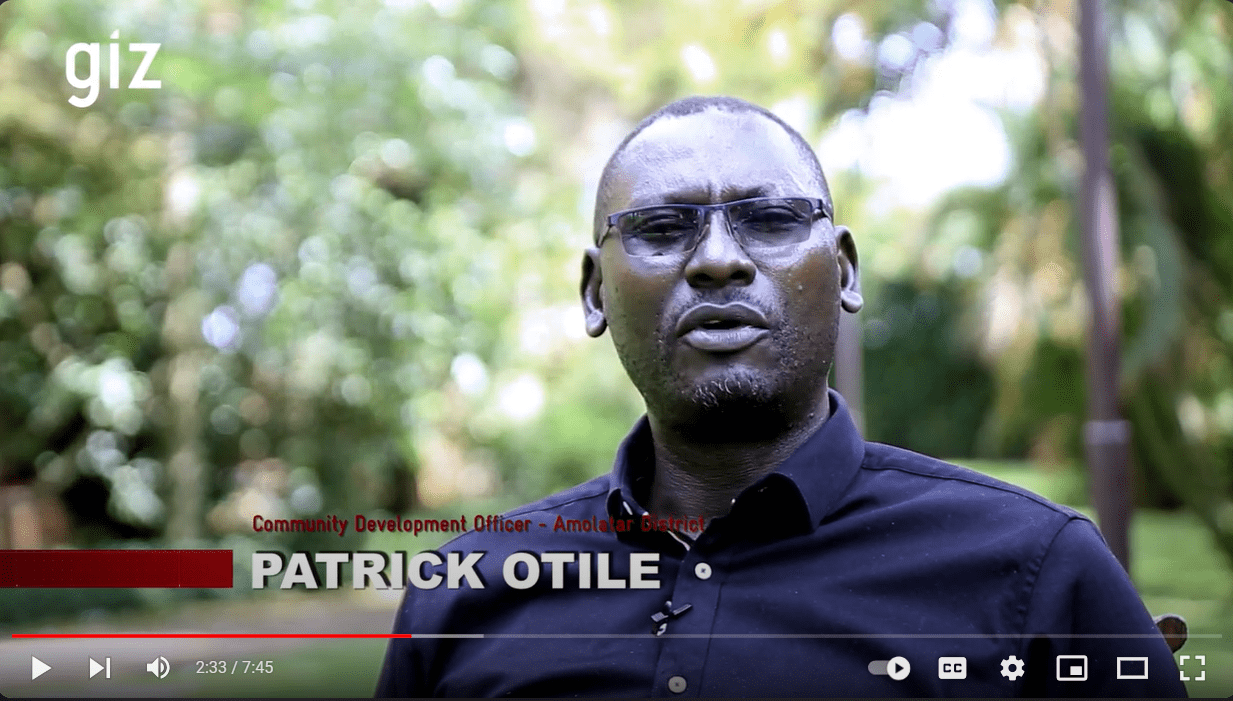Securing customary rights is key to sustainable community forestry
The laws in the Republic of Congo and the Central African Republic provide limited protection to indigenous peoples and local communities regarding access to land and forest resources. Often, logging concessions overlap their territories, restricting access to lands and resources. However, the development of community forests is gaining momentum in the region. These can help secure customary tenure, sustainably manage resources and improve livelihoods for indigenous peoples and local communities (IPLCs).

